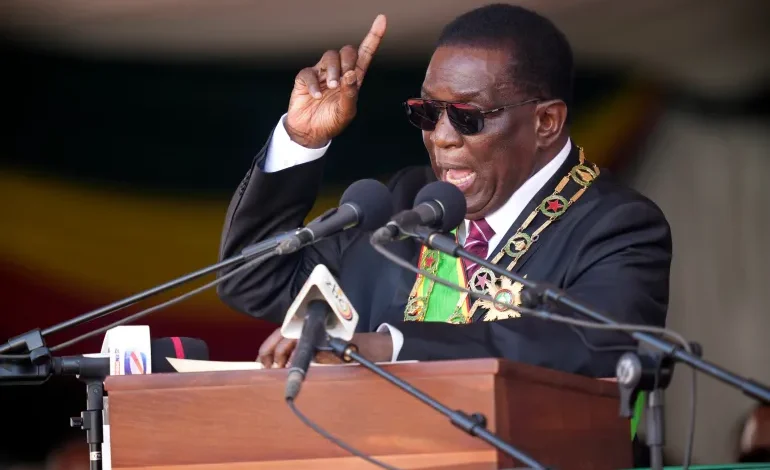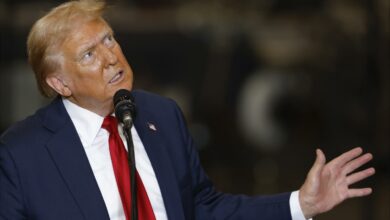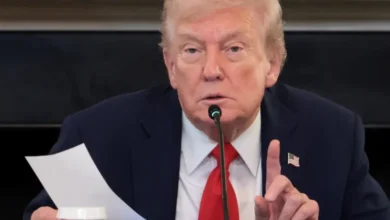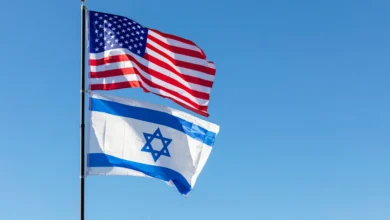Is Zimbabwe wooing Donald Trump by paying white farmers and ending tariffs?

Long-frozen relations between the United States and Zimbabwe may be thawing after the Southern African nation slashed all taxes on US goods flowing into the country and announced it has begun to pay compensation to white farmers who lost land during controversial, sometimes violent land expropriation reforms that were instituted 25 years ago
The moves come amid a wave of sweeping tariffs imposed on countries around the world by US President Donald Trump, and as other countries scramble to renegotiate with Washington.Alongside his stated aim of reducing trading deficits with the US’s trading partners, Trump has repeatedly claimed that white farmers in Southern Africa are discriminated against. Both he and his adviser, South African-born Tesla billionaire Elon Musk, have criticised the treatment of white minorities in South Africa, alleging that they face discrimination. Zimbabwe and South Africa have white minority populations who are mainly descendants of British settlers.
Meanwhile, Zimbabwe has been in the throes of economic collapse for more than two decades. Over that time, hyperinflation has weakened the economy, killed jobs, and seen the introduction of several legal tenders, from the US dollar to the new gold-backed ZiG.Why has Zimbabwe cancelled tariffs on US imports?
President Trump’s April 2 Liberation Day tariff announcements saw dozens of countries hit with varying surcharges on goods imported to the US, including Zimbabwe, which was hit with an 18 percent levy on all products it exports there.
Tariffs levied on African nations by President Trump vary. Neighbouring Lesotho has been hit with the highest tax of any African nation at 50 percent, and is currently seeking to renegotiate with the White House.
Zimbabwe mostly exports steel components, tobacco and sugar to the US while the US exports machinery, pharmaceuticals and agricultural produce to the Zimbabwean market.
Trade between the two countries is limited, reaching a total of about $111.6m in 2024. US exports to Zimbabwe amounted to $43.8m, while imports from Zimbabwe were $67.8m. The trade deficit in favour of Zimbabwe was, therefore, just over $24m, according to US government data.
Countries around the world have been scrambling to negotiate a reduction in tariffs with Washington. On April 9, the White House placed a 90-day pause on the reciprocal tax hikes to allow time for country representatives to strike deals and because most countries had not retaliated, Trump said. The only exception is China, which has opted to go head-to-head by reciprocating and increasing taxes on US imports into the country to 125 percent and will not benefit from the pause.Zimbabwe has taken an entirely different approach. In a post on X on April 5, Zimbabwe’s President Emmerson Mnangagwa announced that all taxes on US imports would be scrapped in order to build a “positive relationship” with Washington.
The move is “intended to facilitate the expansion of American imports within the Zimbabwean market, while simultaneously promoting the growth of Zimbabwean exports destined for the United States”, the Zimbabwean president said.
Zimbabwe is the first country to suspend tariffs on US goods in response to Trump’s tariffs announcement. Until now, most goods entering the country have been subject to a 15 percent levy.










